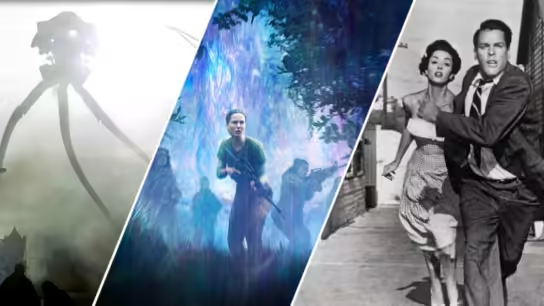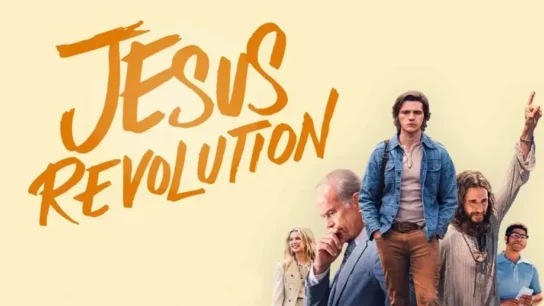The 2000s marked a pivotal decade in cinema, characterized by a diverse array of films that captured the cultural, social, and technological transformations of the era. As we delve into the world of 00s movies, we embark on a nostalgic journey through a landscape shaped by iconic franchises, groundbreaking narratives, and visionary filmmaking.
Cultural Landscape and Technological Advancements
The turn of the millennium brought with it significant changes in technology and culture, which profoundly influenced filmmaking. The rise of digital filmmaking techniques revolutionized production processes, allowing directors to explore new visual styles and storytelling methods. This era also witnessed the advent of CGI (Computer-Generated Imagery) that enabled filmmakers to create spectacular special effects and fantastical worlds like never before.
Iconic Franchises and Blockbusters
One of the defining features of 00s movies was the dominance of blockbuster franchises. The decade kicked off with the continuation of beloved series such as “The Lord of the Rings” trilogy (2001-2003), directed by Peter Jackson. These films not only garnered critical acclaim but also achieved massive box office success, setting new standards for epic storytelling and world-building in cinema.
Similarly, the “Harry Potter” series (2001-2011), based on J.K. Rowling’s beloved books, became a cultural phenomenon, captivating audiences worldwide with its magical universe and coming-of-age themes. Each installment not only grew in scale but also deepened the emotional resonance with its characters and their journey through adolescence and wizardry.
Genre Diversity and Innovation
The 00s also saw a resurgence of superhero films, with Sam Raimi’s “Spider-Man” trilogy (2002-2007) and Christopher Nolan’s “Batman Begins” (2005) leading the charge. These films revitalized the comic book genre by delving into complex characters and exploring moral dilemmas within a larger-than-life framework.
Meanwhile, independent cinema flourished, producing critically acclaimed films such as Sofia Coppola’s “Lost in Translation” (2003) and Michel Gondry’s “Eternal Sunshine of the Spotless Mind” (2004). These films challenged conventional narratives and offered nuanced explorations of human relationships and identity.
Social Commentary and Global Perspectives
Several 00s movies tackled pressing social issues and reflected changing global dynamics. Steven Soderbergh’s “Traffic” (2000) examined the complexities of the drug trade across borders, while Alfonso Cuarón’s “Children of Men” (2006) offered a bleak yet prescient vision of a dystopian future grappling with infertility and societal collapse.
Globalization also influenced storytelling, with films like Ang Lee’s “Crouching Tiger, Hidden Dragon” (2000) bringing Chinese martial arts to international audiences and Alejandro González Iñárritu’s “Amores Perros” (2000) showcasing the interconnected lives of characters in Mexico City.
Legacy and Influence
The 00s left an indelible mark on cinema, influencing subsequent decades with its blend of spectacle, innovation, and diverse storytelling. Filmmakers experimented with narrative structures and visual techniques, paving the way for the cinematic landscapes of the 2010s and beyond.
Moreover, the decade’s cultural impact continues to resonate, evidenced by ongoing reboots, remakes, and nostalgic callbacks to beloved franchises and characters from the era.
Conclusion
In retrospect, 00s movies represent a dynamic and transformative period in cinema history. From epic fantasies and superhero sagas to intimate dramas and thought-provoking social commentaries, these films captured the essence of an era defined by technological innovation, cultural shifts, and global interconnectedness.
As we revisit these cinematic gems, we celebrate the creativity and vision of filmmakers who dared to push boundaries and redefine storytelling for a new millennium. The legacy of 00s movies endures as a testament to the power of cinema to entertain, inspire, and provoke thought in audiences worldwide.





